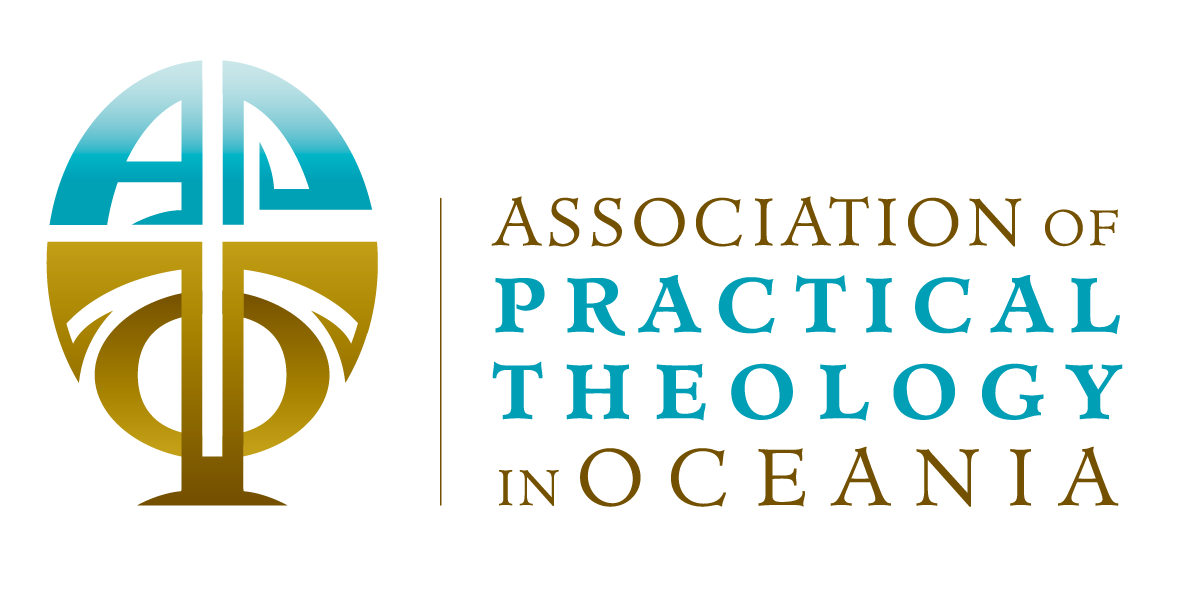

Discussion Time:
Location: Yagilaith
“Gracious engagement”, and “dialogue” connotes the inter-disciplinary approach necessary for shared contemporary theologizing to advance human good. Foundational to the process is the theologian as subject, aware of the function of ‘communication’, that Canadian theologian Bernard Lonergan, SJ proposes is the final stage of all theological reflection. From a Catholic Systematic perspective, this paper understands and argues that the Christian theologian in ‘gracious engagement’ and ‘dialogue’ in effectively communicating Christ’s message, is a pastoral practitioner. This fact often goes unreflected or is taken for granted, limiting firstly, the potential of the theologian and secondly, the theological reflection. Specialization in theology while necessary for progress places the theologian in danger of a form of abstract scholarship without conscious intentionality applied to intersubjectivity. This paper further proposes that the turn to the theologian as pastoral practitioner challenges theologians to understand that communication/gracious engagement and dialogue occur on three levels: the divine and human reality; the communication occurring within their interiority, and finally the outer communication to/with others. The theologian, aware of their pastoral role, is obligated to consider all three levels of communication critically and attentively, to meet the complex social needs in an integrated way, within and outside the sphere of academia.
On 13 October 1841 two missionaries to New Zealand, Reverend William Williams of the Church Missionary Society and Father Claude-André Baty of the Society of Mary engaged in a four-and-a-half-hour public debate before approximately 360 Māori of the Mahia Peninsula. Unusually, both missionaries recounted the event at the time. Williams wrote some 1470 words in his journal for that date. Baty wrote letters on 25 and 30 October both of which referred to the debate (365 words and 1043 words). We can therefore get an idea of what happened, of the personalities involved, of the topics of debate, the arguments presented, the texts used, and the response of the audience.